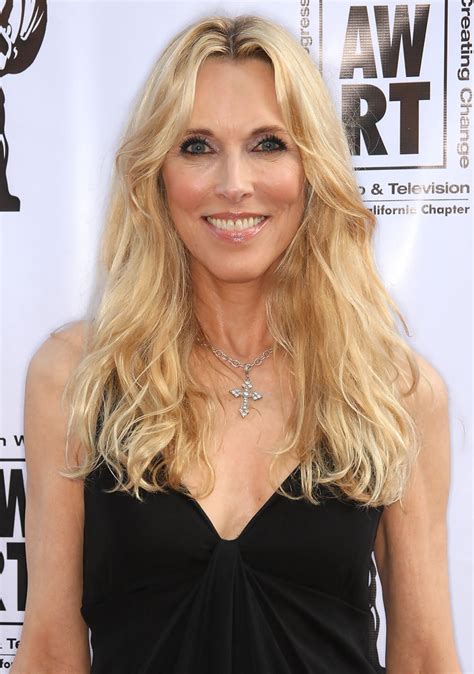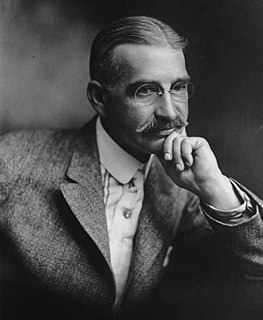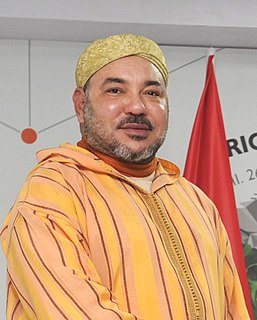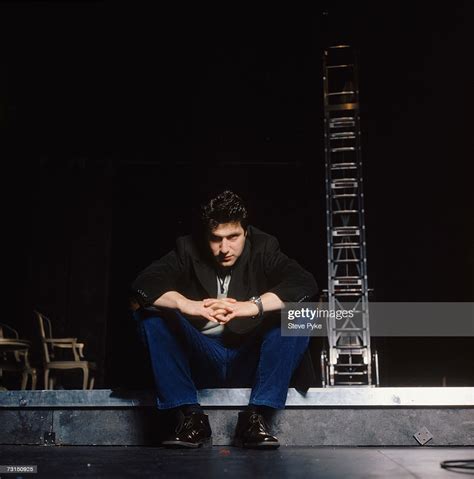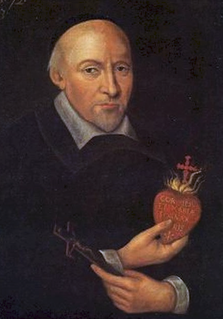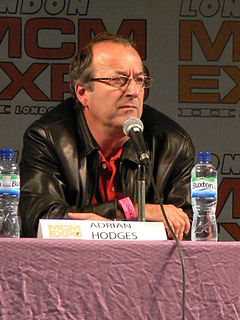A Quote by Lord Byron
But I had not quite fixed whether to make him [Don Juan] end in Hell-or in an unhappy marriage,-not knowing which would be the severest.
Related Quotes
The end of man is knowledge, but there is one thing he can't know. He can't know whether knowledge will save him or kill him. He will be killed, all right, but he can't know whether he is killed because of the knowledge which he has got or because of the knowledge which he hasn't got and which if he had it, would save him.
Why has marriage failed? In the first place, we raised it to unnatural standards. We tried to make it something permanent, something sacred, without knowing even the abc of sacredness, without knowing anything about the eternal. Our intentions were good but our understanding was very small, almost negligible. So instead of marriage becoming something of a heaven, it has become a hell. Instead of becoming sacred, it has fallen even below profanity.
Poor, unhappy Erik! Shall we pity him? Shall we curse him? He asked only to be 'some one,' like everybody else. But he was too ugly! And he had to hide his genius or use it to play tricks with, when, with an ordinary face, he would have been one of the most distinguished of mankind! He had a heart that could have held the entire empire of the world; and, in the end, he had to content himself with a cellar. Ah, yes, we must need pity the Opera ghost.
His suspicion that he was not going in the right direction tortmented him more and more. At last he had the conviction that he would never go anywhere but in the wrong direction, to the very end of the handful of days that was left to him, unhappy moonstruck pilgrim, whose April was to be cut off short.
What the working man sells is not directly his Labor, but his Laboring Power, the temporary disposal of which he makes over to the capitalist. This is so much the case that I do not know whether by the English Law, but certainly by some Continental Laws, the maximum time is fixed for which a man is allowed to sell his laboring power. If allowed to do so for any indefinite period whatever, slavery would be immediately restored. Such a sale, if it comprised his lifetime, for example, would make him at once the lifelong slave of his employer.
O admirable Mother of God! How many sins have I committed for which thou hast obtained pardon for me, and how many others would I have committed if thou hadst not preserved me? How often have I seen myself on the brink of Hell in obvious danger of falling into it but for thy most benign hand which saved me? How often would the Roaring Lion of Hell have devoured and swallowed up my soul had not the charity of thy heart opposed him? Alas! Without thee, my dearest and my all-good Mother, where should I be today? I should be in the fiery furnace of Hell from which I would never emerge!


